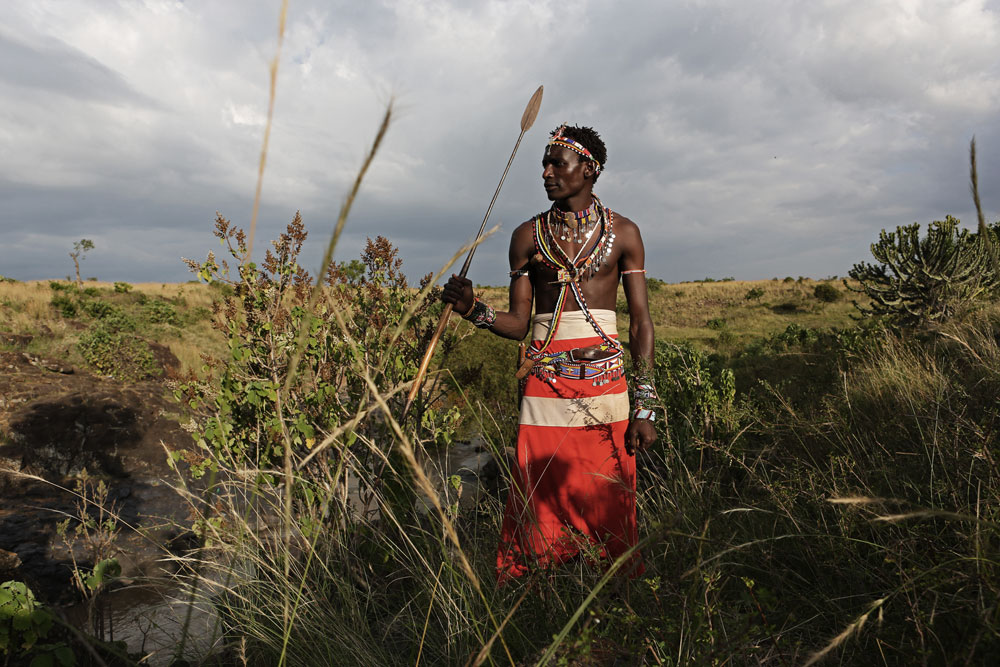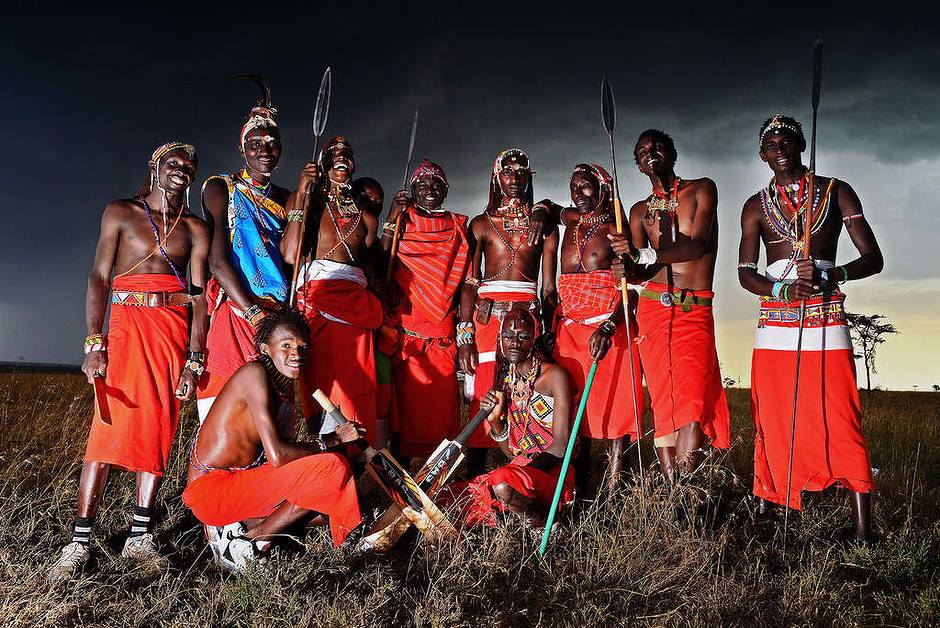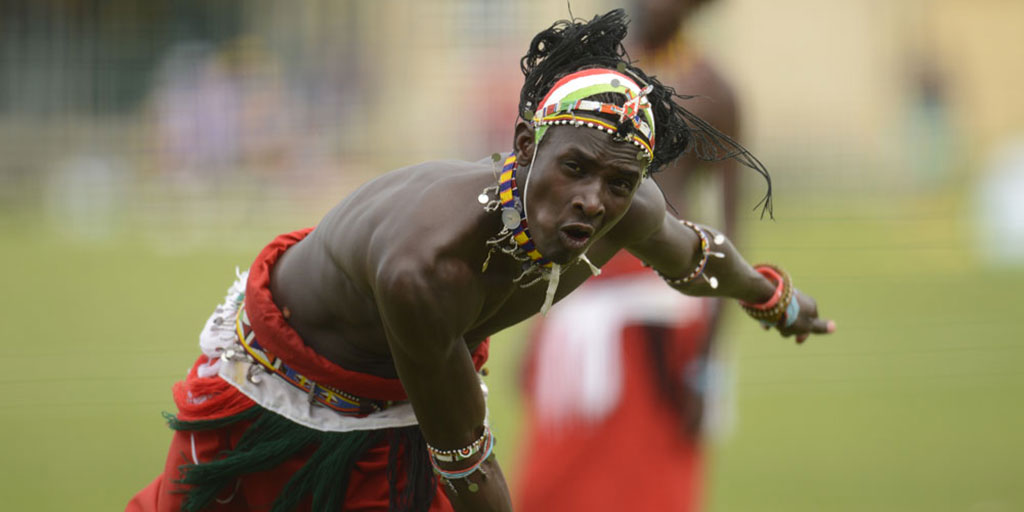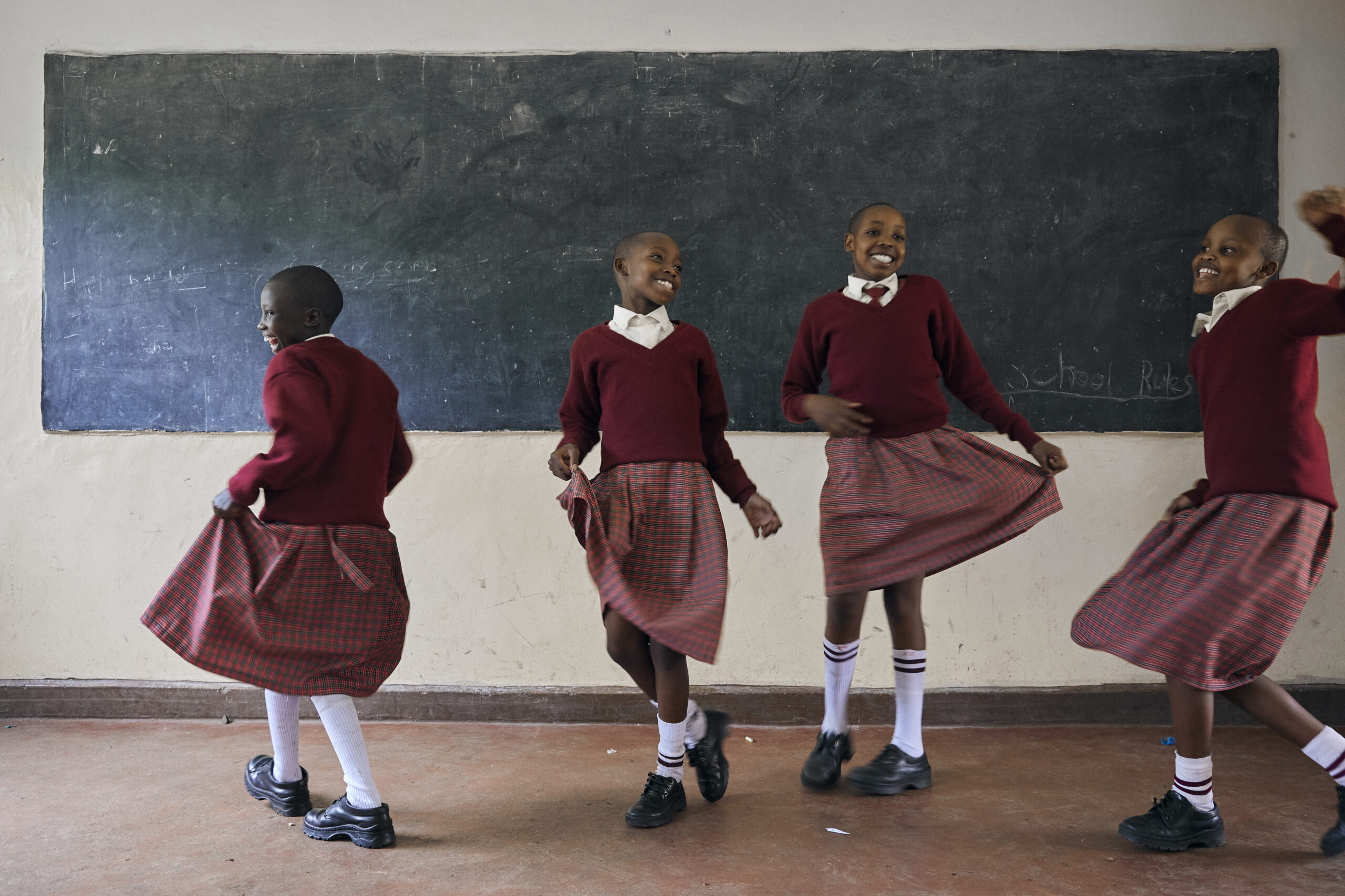YOUR PRIVACY
To enhance your experience with our site, many of our web pages use “cookies” and shopper ID’s. Cookies are text files we place in your computer’s web browser to store your preferences. To find out more, read our updated privacy policy.
"It is hard to break through and help society accept change. We feel a lot of rebellion, but we are on the right road. If girls get the right support and tools, they will realize their dreams and potential."
– Sonyaga Ole Ng’ais
Captain, Maasai Cricket Warriors
Filmmaker and Photographer
Sonyanga Ole Ng'ais
Sonyanga Ole Ng’ais is a Maasai Moran (warrior) from Laikipia in northern Kenya. He longs to bring positive change to Maasai culture by ending traditional forms of gender-based violence including female genital mutilation (FGM) and early marriage, which are common practices amongst the Maasai. After watching four of his five sisters undergo FGM and get married off in childhood, it became abundantly clear to him that those were not traditions worth protecting.
As Sonyanga grew up, he began fighting for gender equality with his brothers and fellow Morans with an unusual tool: the game of cricket. Soon after being introduced to the sport, they were hooked, and with Sonyanga as their captain, they formed the first and only Maasai team, the Maasai Cricket Warriors.
Playing in their traditional red Maasai robes and bright beaded jewelry, they are quite the memorable sight! The team quickly grew successful and began traveling abroad to play in tournaments, leveraging their increasing fame to raise funds and awareness to promote women’s rights in Kenya.
Back at home, they continued dialogue with elders and other influential members of the community, asking that they support girls to finish their education and have the same opportunities that are afforded to Maasai boys. “Men and women are the same, we all need the same education, we all need to have equal rights.” Sonyanga and his team had seen firsthand during their travels for tournaments how differently women in other countries were treated. Many were able to get an education, choose their own path, and achieve financial success and independence. After explaining how much better things could be for Maasai women if they had power over their own lives and freedom from gender-based violence, little by little, community attitudes began to shift. In their own home, Sonyanga and his brothers were able to protect their youngest sister from FGM and child marriage and keep her in school.
Sonyanga also used cricket as a means to promote change among youth, teaching the sport at schools across the region. He explains that in addition to uniting young people under a common cause, it also gave Maasai girls a rare opportunity to see that they are every bit as skilled and capable as boys. In an effort to empower girls and young women to advocate for themselves, Sonyanga later helped form the Maasai Cricket Ladies team and became their coach. Today, the ladies team also campaigns against FGM and early marriage.
In addition to playing cricket, Sonyanga is also a filmmaker and photographer, utilizing these mediums as another avenue to advocate for women’s rights, as well as bring awareness to the issue of climate change.
Slowly but surely, Sonyanga is seeing more girls going to school and being protected from FGM and child marriage. “It is hard to break through and help society accept change. We feel a lot of rebellion, but we are on the right road. If girls get the right support and tools, they will realize their dreams and potential.”





